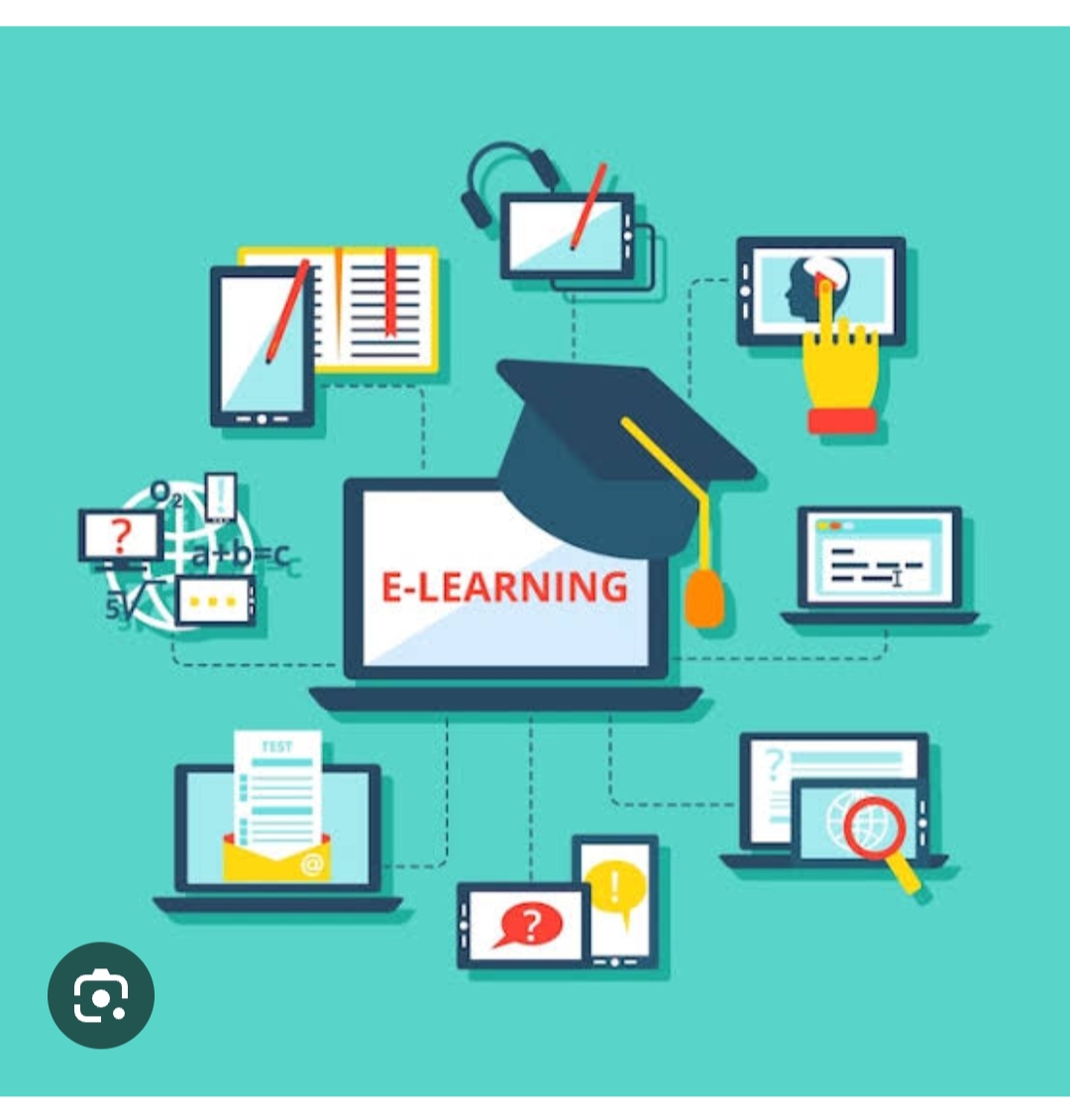
- Teacher: Racheal Kasyoka Muli
Moodle is an open-source Learning Management System (LMS) that provides educators with the tools and features to create and manage online courses. It allows educators to organize course materials, create quizzes and assignments, host discussion forums, and track student progress. Moodle is highly flexible and can be customized to meet the specific needs of different institutions and learning environments.
Moodle supports both synchronous and asynchronous learning environments, enabling educators to host live webinars, video conferences, and chat sessions, as well as providing a variety of tools that support self-paced learning, including videos, interactive quizzes, and discussion forums. The platform also integrates with other tools and systems, such as Google Apps and plagiarism detection software, to provide a seamless learning experience.
Moodle is widely used in educational institutions, including universities, K-12 schools, and corporate training programs. It is well-suited to online and blended learning environments and distance education programs. Additionally, Moodle's accessibility features make it a popular choice for learners with disabilities, ensuring that courses are inclusive and accessible to all learners.
The Moodle community is an active group of users, developers, and educators who contribute to the platform's development and improvement. The community provides support, resources, and documentation for users, as well as a forum for sharing ideas and best practices. Moodle releases regular updates and improvements, ensuring that the platform remains up-to-date with the latest technologies and best practices.
Links of interest:

This unit outline the key aspects of digital materials and tools used in online learning environments, including various types of content like videos, interactive exercises, assessments, and virtual learning platforms, which enable learners to access educational materials remotely and at their own pace, often facilitated through a Learning Management System (LMS) to track progress and manage learning activities

This course explores the core beliefs and principles guiding Technical and Vocational Education and Training (TVET), emphasizing the idea of preparing individuals with practical skills directly applicable to the workforce, focusing on real-world application, lifelong learning, and aligning training with current market needs to contribute to economic development and personal empowerment; it often includes discussions on ethics, social responsibility, and the importance of integrating theoretical knowledge with hands-on experience.